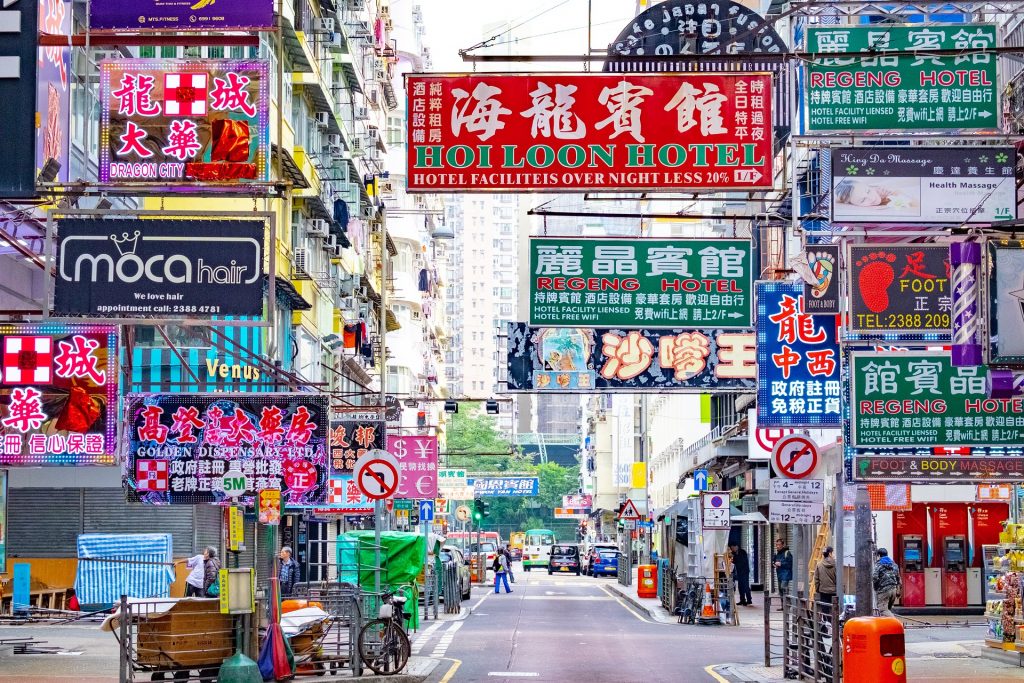The cash bonus is intended to offset the economic damage caused by the coronavirus and anti-government protests.
Hong Kong has had a difficult few months. Since last March there have been large-scale protests across the territory against what demonstrators see as overreach by the Chinese government. (Hong Kong is technically part of China, but is supposed to have a degree of autonomy.) Then the coronavirus, which began in the Chinese city of Wuhan in December, started leaking across the border.
The economic impacts of these events has been huge. Everything from shops and restaurants to transport links and tourist sites have seen a big drop in custom, either because they’ve been forced to close for safety reasons or because people are staying away from situations they perceive as dangerous. Tourist numbers are down. Local people are spending less money. Companies are doing less business, and employees less work.
The Hong Kong government has decided to try and offset this by basically throwing money at the problem. They’re going to guarantee any low-interest loans Hong Kong businesses take out, give more welfare to low-income families, reduce taxes, lower rents on government buildings, and subsidise electricity bills.
Perhaps most eye-catchingly, they’re also going to give every adult resident HK$10,000 (about £995) in cash. These sort of one-off transfers are sometimes referred to as ‘helicopter money’ because the economist Miton Friedman once used the metaphor of a chopper dropping money over a town as an example of how economies could be stimulated.
Economists are divided on whether helicopter money is a good policy or not. Extra cash can help tide people over when times are unusually bad, which can minimise suffering. It is also thought by some to encourage economic activity to pick up. If you’ve got an extra few pounds in the bank, you might be more inclined to treat yourself to a new car or haircut or meal out, thus providing employment and business for car dealers and hairdressers and chefs. This creates a virtuous circle where everyone grows richer.
But critics say that helicopter money can also make economic downturns worse, by stoking inflation (when prices go up). Another criticism is that it benefits the richest and poorest equally, when some would prefer government money to be concentrated on those who need it most. Finally, there’s no guarantee that people will actually spend their helicopter money. If it just sits in savings accounts, it won’t stimulate the economy in the way it’s meant to.
Read our explainer on: economic growth.

